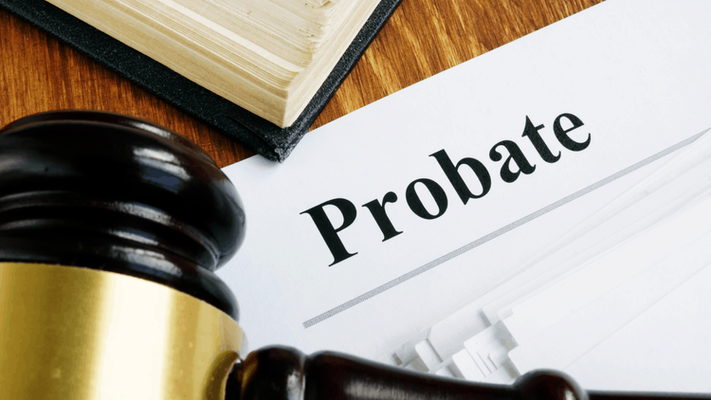Is There a Way to Settle Probate Without Selling the Property?
In most probate cases, there is a property involved. Not every estate has to go through the probate process. If it is of low value or the entire estate is left to the deceased’s spouse or legal partner, and there is a will, probate is not necessary. But if the estate, including any property, is of a value above £10,000, the estate will have to go through the probate process, but is selling the property without probate a feasible option?
What is a probate property?
A probate property is a property that was owned by a deceased person and therefore becomes part of their estate. The executors and/or beneficiaries of the estate are not officially allowed to sell the property until the probate process has completed and they have been given a Grant of Probate.
However, there is an exception to this rule. If the spouse of a deceased partner inherits the property and it is in their joint names on the Title Deeds, they are entitled to sell it before they have received a Grant of Probate. That said, they are not allowed to exchange contracts or complete the property sale until the probate process has completed.
Is selling the property without probate possible?
If you haven’t been left a property in a deceased person's will and you are not planning on living it, the property will be sold. As mentioned above, you are not allowed to sell it until the executors or administrators have been granted the authority to sign the necessary paperwork, which is called a Grant of Probate. However, if the property is in joint names, the spouse or legal partner of the deceased may be able to sell the property prior to receiving a Grant of Probate, but they will not be able to complete the sale.
Prior to putting the property on the market, the valuation has to be based on the property’s value at the time the deceased died. This means that if probate has taken several months to complete, the value it is now and the value it was a few months ago may well be quite different. HMRC needs to know the correct valuation at the time of death to be able to calculate the amount of Inheritance Tax due.
The process for selling a property without probate is similar to selling any other property. Your agents will have to notify interested parties that the property is a probate sale and the legal paperwork may take much longer due to the number of people involved, such as the executors, or administrators if there is no will, and the beneficiaries; there are more people that have to agree to a decision and sign the paperwork. Once the property is sold, the executors/administrators or beneficiaries will be liable for Capital Gains Tax so they must notify HMRC.
Alternatively, you may decide to rent out the property and earn an income from it. As long as ownership of the property has been officially transferred into your name, or joint names, you are able to rent out the property. However, you may find that a certain amount of updating or refurbishment is required before the property is in a rentable state. You will also be liable for income tax on the rental income.
Part of the process with probate properties is transfer of ownership to the spouse, legal partner or beneficiary to put the property in their name alone. There will be several forms from the Land Registry that need to be completed to finalise the transfer. Remember that if you have inherited a property with your siblings, or other parties, all decisions to do with the property will have to be jointly made.
If a deceased relative has left you the property in their will, it can raise a multitude of questions. Depending on whether you want to live in the property, rent it out or sell it, there are different requirements in terms of probate and tax. The one advantage you’ve got is time to think about what you are going to do, as well research the implications, due to the probate process taking time.
If the property has an existing mortgage, get in touch with the mortgage lender as soon as possible. Most lenders have policies whereby they are able to suspend payments until probate is completed. Sometimes, there may be a life insurance policy that is set up to clear a mortgage but you will need to apply for a Grant of Representation from the court to access the deceased’s financial matters.
There are tax implications with a probate property, which are inheritance tax, capital gains tax (CGT) and income tax if you rent out the property. However, there is no stamp duty applicable on inherited properties, unless one of the beneficiaries buys out another.
● Inheritance tax is due if the value of the entire deceased’s estate is more than £325,000. This includes the value of any property.
● Capital gains tax is due if you decide to sell the property
● Income tax is due if you have inherited a buy-to-let or holiday let property. You will pay income tax on the rental income.




Comments
Post a Comment